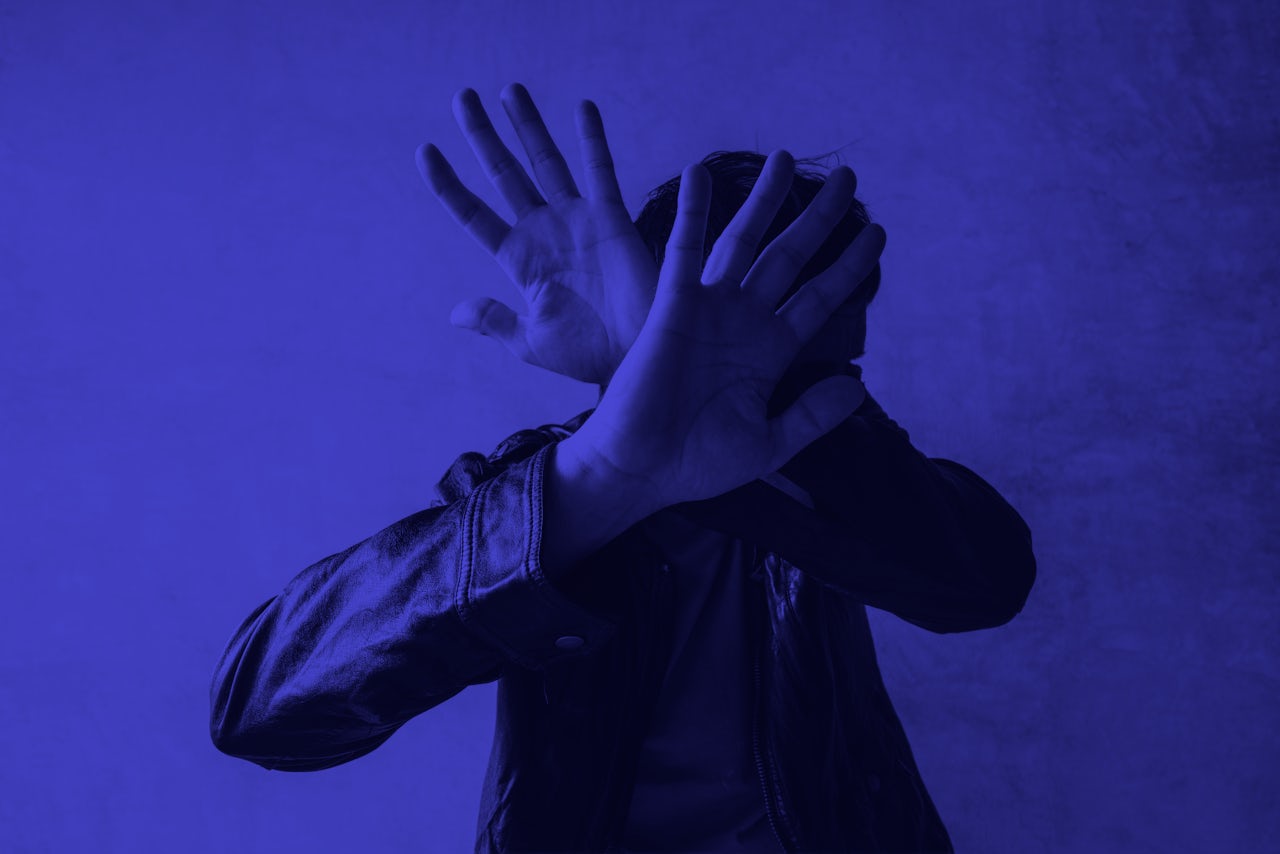“Me too” began as a intersectional, feminist, anti-violent rallying cry. When activist Tarana Burke created the slogan and accompanying anti-sexual violence movement in 2006, her intention was to build solidarity among survivors, as well as increase awareness of the current prevalence of rape and other forms of sexual assault. Last year, the movement took its efforts to Twitter. #MeToo led the national conversation as survivors around the world disclosed their stories online, including celebrities like Alyssa Milano and Rose McGowan. The movement gained exponential visibility and momentum. Burke’s work as founder threatened to be erased, similarly to how gay pride’s origin with trans people of color is often glossed over. But social media users and journalists soon re-righted the narrative, praising her contributions and re-establishing the black woman-led, intersectional fight against sexual violence and the culture of silence that allows it to run rampant.
Culturally, the Me Too movement has succeeded in changing attitudes that have long protected sexual abusers, especially those who are wealthy and powerful men. The slogan found a cemented place in mainstream culture and common lexicon, evidenced by the fact that, wherever you go across the country, you’d be hard pressed to find someone who doesn’t know what the slogan “Me too” refers to. Our comfort with it is further evidenced by its quick evolution from slogan and title to verb, a morph that many English nouns undergo. “He got Me Too’d” or “I hope he doesn’t get Me Too’d” are sentences I’ve heard in conversation or read online since at least the beginning of this year, when women in Hollywood founded Time’s Up and other industries were having their own very public reckonings with rape culture. I was late to the game. In November 2017, actor and writer Lena Dunham tweeted: “Overheard: “that dude is a creep, he’s about to get Me Too’d hard.” Totally fine with this becoming a justice adjective”.
On one side of the verb is a widely admired man; on the other side, a faceless mob of angry feminists.
Fast forward to now, and more people seem to be using it than ever, thanks in part to the continued fervor of the movement and resulting exposure and calls for accountability of abusers. At the same time, it can be wielded to suit a patriarchal worldview. Take, for example, one much talked about lyric from Kanye West’s latest album ye: On the song “Yikes” he raps: “Russell Simmons wanna pray for me too / Imma pray for him 'cause he got Me Too'd.” This wasn’t the first time Kanye had acted as an apologist for an alleged sexual abuser, but it was the first time he had a snappy phrase to describe the specific kind of male victimization he was referring to. And while he didn’t invent using the phrase this way, the verse was perhaps the most public example of its subversion. The name of a movement set on empowering sexual assault survivors, mostly comprised of women and spearheaded by a black woman, was reframed as a force set on bringing down powerful, talented men. On one side of the verb is a widely admired man; on the other side, a faceless mob of angry feminists.
It serves the same function in casual conversation, even among people who believe in accountability for abusers. “I hope he doesn’t get Me Too’d,” I’ve heard some friends say about their favorite male actors, musicians, or writers. “I hope my favorite artist hasn’t done monstrous things,” is how I understand it coming from my friends who are survivors or allies. But I also find the sense of mourning attached to it can’t be erased. “Getting Me Too’d” can be heard in less generous ways, including “getting your career/reputation/livelihood ruined” or “getting falsely accused during a politically opportune moment.” Used without thought, “Me Too’d,” with its inherent erasure of action on both survivors’ and abusers’ parts, slips easily into the patriarchal language of rape culture that it was coined to fight. Perhaps in another world, the phrase “Me Too’d” would have evolved into a further phrase of resistance rather than false victimhood. Grassroots movement activists could say “We’re Me Tooing” to describe how they’ll use social media to gain visibility; budding community leaders could say “Let’s Me Too” as a shorthand for beginning to rooting out local abusers. (Perhaps away from the cultural circles I occupy, that is exactly what is happening.) Or perhaps these uses are too clunky or corny to be realistic, to which I can only wonder why the language of male victimhood rolls so much easier off of our tongues.
In this unique cultural moment, where we’ve seen a slogan become a hashtag and then a worldwide movement and then a common verb all in the space of a year, this seems like a time that begs reflection on how far the battle for cultural change extends, as well as how ingrained the language of patriarchy really is. I suspect “getting Me Too’d” is something I’ll hear about for many more years to come. Will someone I admire end up getting “Me Too’d”? Maybe. Or maybe they’ll simply be brought to justice.
